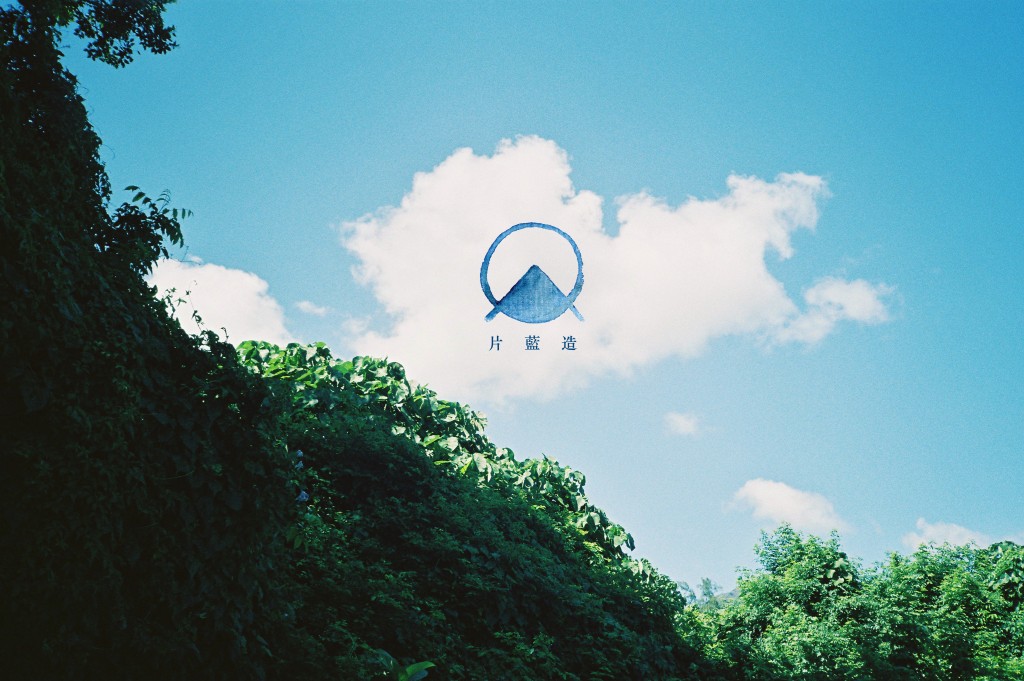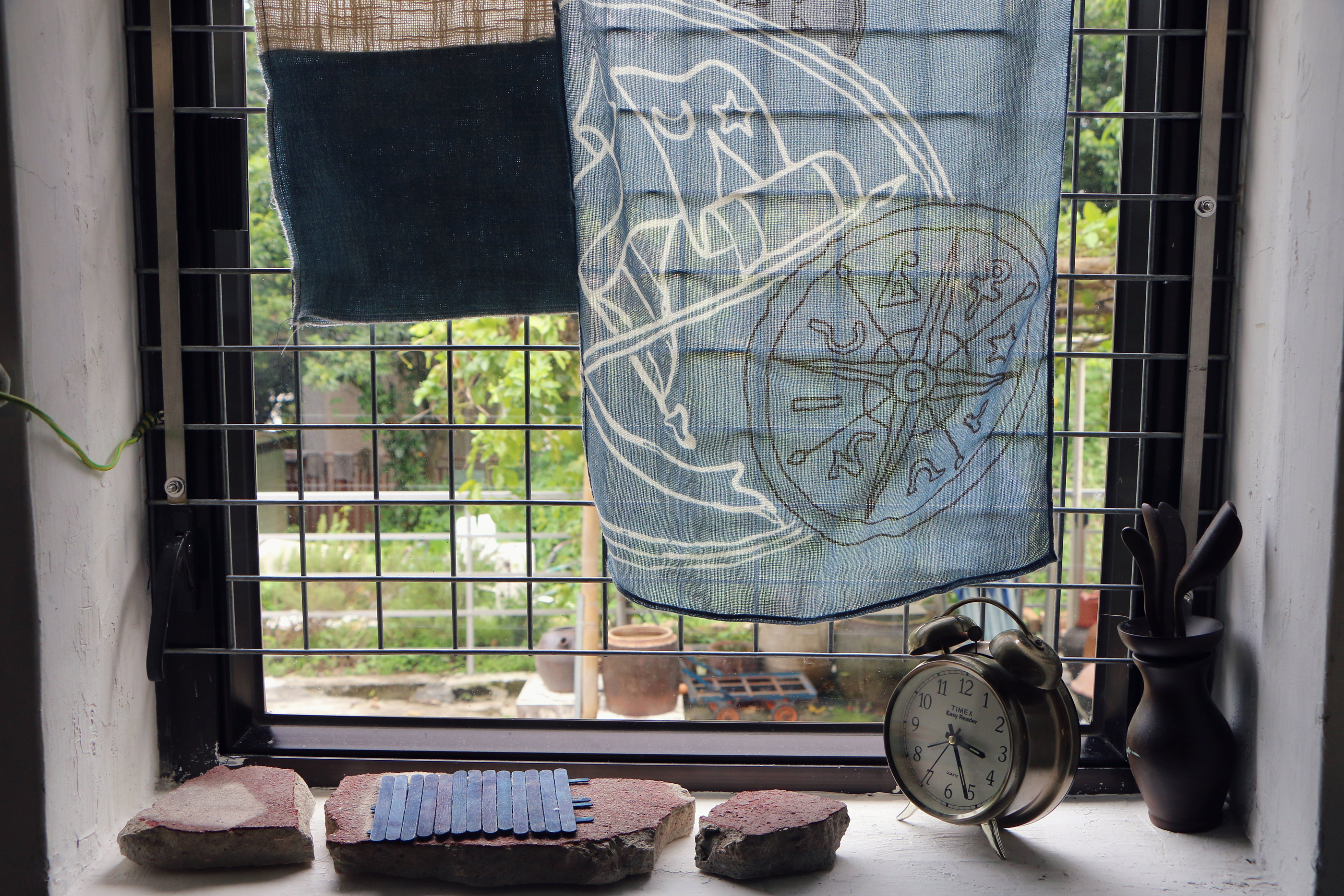Try your hand at indigo dyeing
by Yan Li
Max To puts on a pair of latex gloves and dips a twisted cloth into a bucket of blue liquid. After several minutes, he takes it out, carefully removes some pegs and rubber bands and flattens it out. What had been a plain white Tee has now became a unique top with an intricate pattern of various shades of blue.
This magical process is called indigo dyeing – a dyeing method using a genus of plants named Indigofera, together with ingredients such as ash water. You can create all sorts of patterns by dipping various parts of the cloth into the dye and soaking it for varying amounts of time.
While it is a very simple DIY craft, getting the required materials and cleaning up afterwards can be a chore. However, at Indigo 11.50, they are chores you needn’t worry about.

Indigo 11.50 is Hong Kong’s first natural indigo dyeing workshop. Tucked away in Tai Long Wan Village in Lantau, it is a relaxing oasis where you can create your own unique product, be it a shirt, a dress or a tote bag.
Max To, the founder of Indigo 11.50, was a former lighting cameraman. Suffering from severe low-back strain, a common problem among cameramen, To took a long vacation in Taiwan where he learned about traditional indigo dyeing.
After coming back to Hong Kong, To’s passion for indigo dyeing motivated him to open his own workshop. With three like-minded friends, he set up Indigo 11.50 in May.
To renovated his deserted family house in Lantau and turned it into a simple workshop. A clothesline runs across the backyard, allowing people to hang their designs as they wait for them to dry. He also takes advantage of the natural environment – using wood ash as an ingredient of the dye and washing fabrics with mountain water.
Opening a dyeing workshop in a remote village seems like a crazy idea in a city that emphasises profit and efficiency. But that is exactly what makes Indigo 11.50 so special. The motto of the workshop is: “Having a wonderful moment is the profit while earning money is extra bonus”.
“The workshop is to promote a kind of attitude towards life or work. You can choose a different path. You should choose a way of working that makes you happy,” To says.
The classes usually last for three to four hours. For HK$250, you can have a shot at indigo dyeing after learning about its history and techniques. If you are interested in needlework, you can take the advanced class that costs HK$300.
Apart from holding classes, Indigo 11.50 also sells handmade and chemical-free indigo products, such as tote bags and shirts. Unlike traditional indigo products that feature fancy and feminine patterns, Indigo 11.50 adopts a minimalist style, emphasizing simple patterns. For more details, please go to Indigo 11.50’s Facebook page at https://www.facebook.com/lantaublue
Edited by Rachel Cheung







































